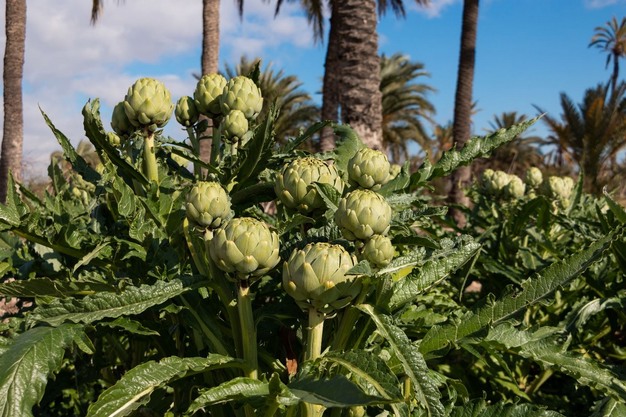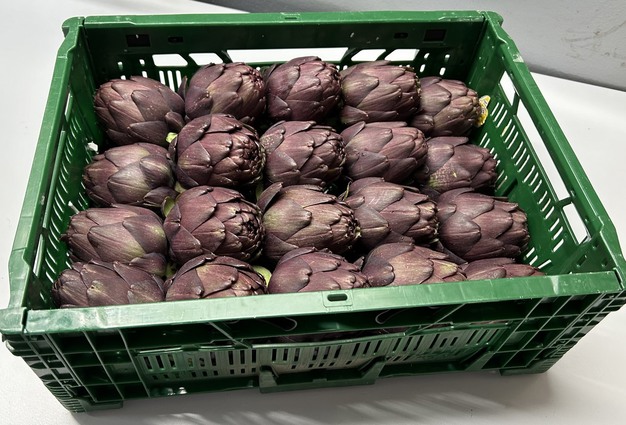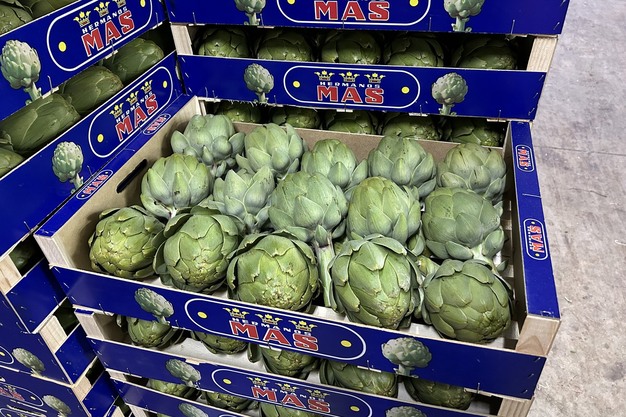Lately, there has been more stability in the artichoke market, with prices a bit below the high levels recorded in the early months of the campaign. A significant reduction of the acreage in major producing areas is proving decisive and, barring significant climatic disruptions, very good market conditions are expected in the coming months.

“The acreage devoted to artichokes has been reduced by between 25 and 30% this campaign due to the uncertainty of producers about the water supply and the rising production costs. This has resulted in a very low supply and very high prices in October and November,” says Francisco Mas, commercial director of Frutas y Hortalizas Mas Serrano.
“Fortunately, we were able to anticipate this situation and realized that artichokes could become a key product, so we have expanded our acreage by 10%. It's really turning out to be a very good campaign for us,” he says.

“After reaching really high levels, prices have fallen back, as we now have more production, but they are still good,” says Francisco Mas. “Generally, there's stability in the national market and, as far as exports are concerned, sales have slowed down compared to the beginning of the campaign, although they will surely pick up again between late February and early March, as they usually do.”
According to the producer and marketer, “if no temperature increases cause the production to accelerate and we get the same demand in February and March as in previous years, there might not be enough artichokes to meet the demand. But if high temperatures, like those of the heatwave a few days ago, persist, the production cycle could be sped up and the supply may accumulate, which would be bad and may lead to an early end of the season.”

Based in the municipality of Elche, in the Spanish province of Alicante, Frutas y Hortalizas Mas Serrano is mainly devoted to the production and marketing of pomegranates and artichokes. “We produce around 3 million kilos of artichokes, which we deliver to both the national and the export markets, mainly to France and, to a lesser extent, to Switzerland, Germany and the Netherlands, among others.”
 For more information:
For more information:
Francisco Mas
Frutas y Hortalizas Mas Serrano, SL.
Partida Daimes, P.l. 1 Nº 96.
03294 Elche, Alicante. Spain.
T: +34 965 45 70 63
fran@masserrano.es
www.masserrano.es
